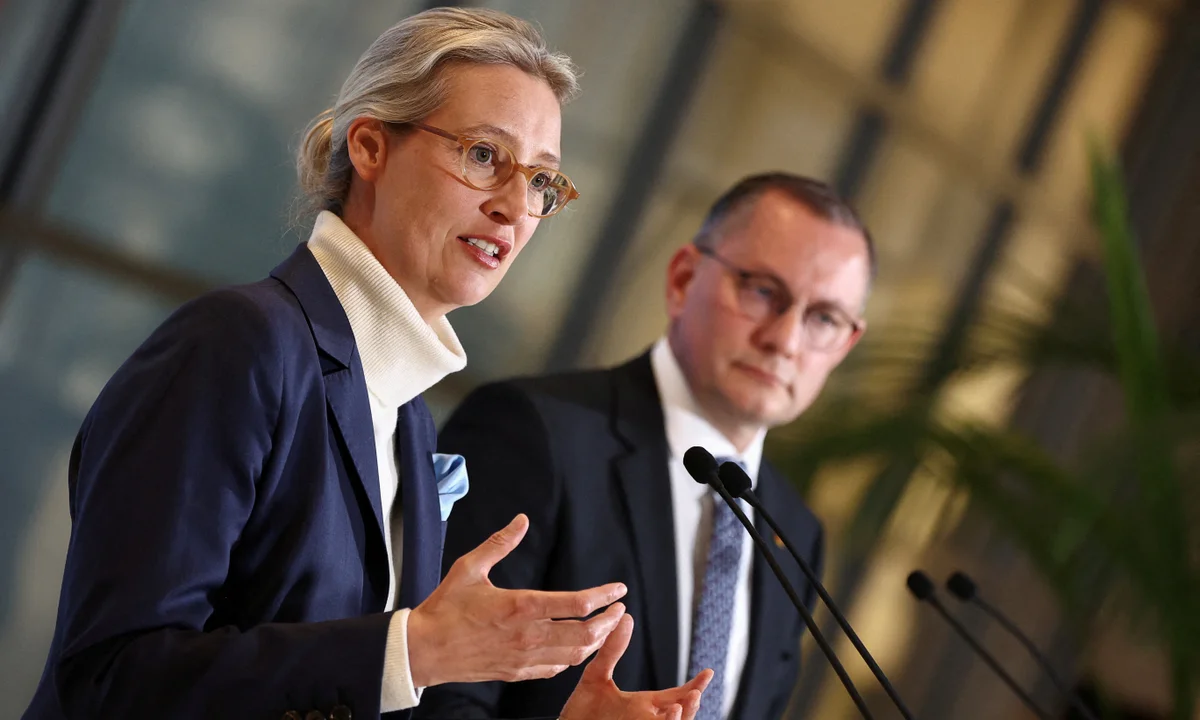Germany’s Foreign Office has strongly defended the country’s domestic intelligence service following international backlash over its classification of the far-right Alternative für Deutschland (AfD) party as a right-wing extremist organization.
The controversy escalated after prominent U.S. officials, including Vice President JD Vance and Secretary of State Marco Rubio, publicly condemned the move. Rubio called the decision “tyranny in disguise,” while Vance likened it to the ideological oppression of the Berlin Wall era, accusing German “bureaucrats” of rebuilding divisions under the guise of democracy.
In a rare direct diplomatic rebuke, Germany’s Foreign Office responded to Rubio via X (formerly Twitter), stating: “We have learnt from our history that right-wing extremism needs to be stopped.”
The classification was issued by the Federal Office for the Protection of the Constitution (BfV), Germany’s domestic intelligence agency. According to the BfV, the AfD’s “prevailing understanding of people based on ethnicity and descent” poses a threat to the country’s “free democratic order,” violating constitutional values.
Germany’s decision allows for increased surveillance of the AfD, including monitoring communications and financial activities. The classification follows years of concern about the party’s rhetoric on immigration, national identity, and its associations with extremist networks.
Despite international criticism, German officials have maintained that the action is rooted in constitutional principles. Foreign Minister Annalena Baerbock emphasized in a press statement, “This is not about silencing political opposition; it is about defending our democracy against threats that echo our darkest past.”
AfD leaders have denounced the decision as politically motivated and have vowed to challenge the classification in court. The party continues to gain ground in certain regional polls, particularly in eastern Germany, where economic frustration and anti-immigrant sentiment have fueled support.
The United States and Germany, long-standing allies, are now navigating this diplomatic rift at a time when transatlantic cooperation is critical for addressing global issues such as Russian aggression, climate change, and economic instability.
Political analysts note that the U.S. criticism reflects a broader ideological divide between conservative American leadership and the European Union’s more interventionist approach to countering extremism.
Germany’s position remains firm. “There is no room for hate, xenophobia, or historical revisionism in our democracy,” the Foreign Office reiterated. “Standing against right-wing extremism is not tyranny — it is responsibility.”
The diplomatic fallout underscores the evolving complexities in international relations where domestic political decisions increasingly reverberate beyond national borders.




0 Comments